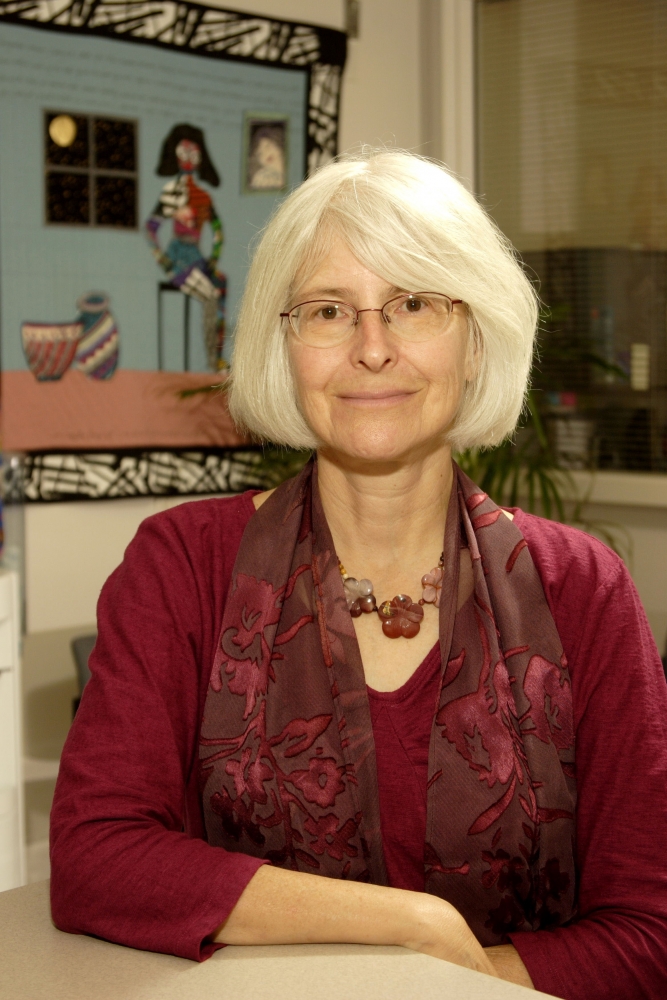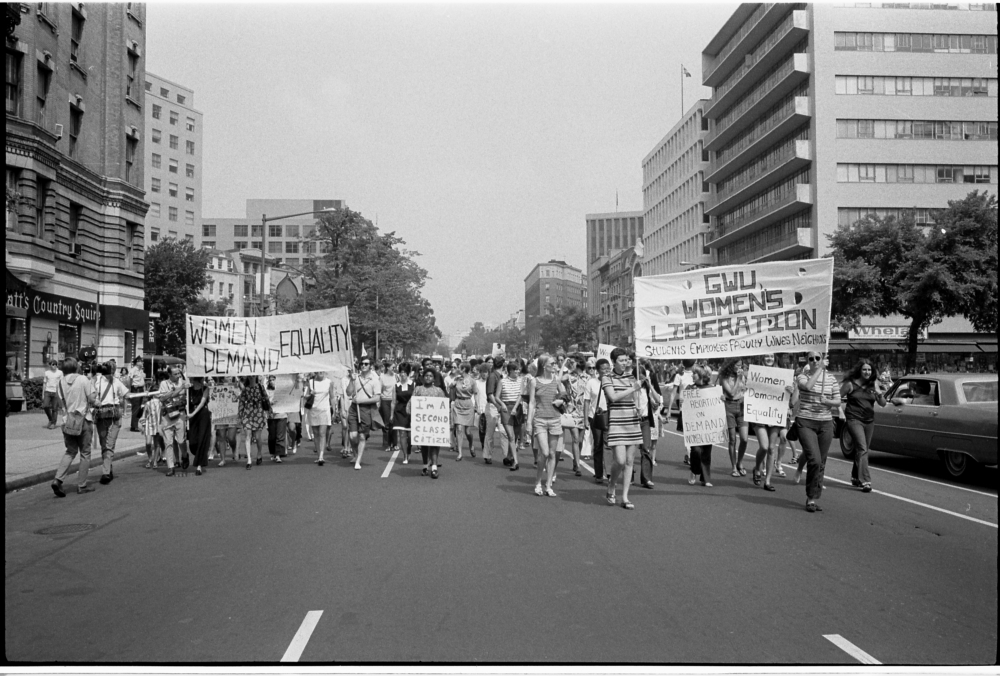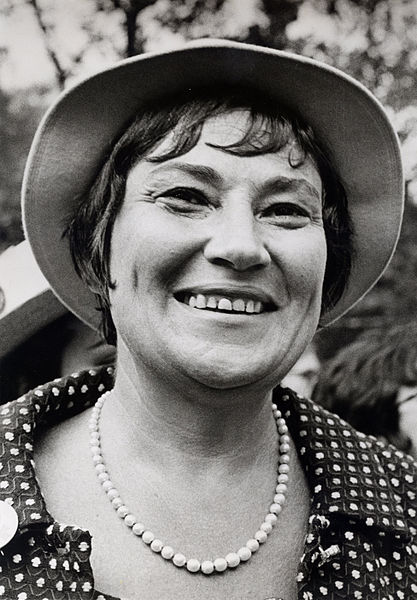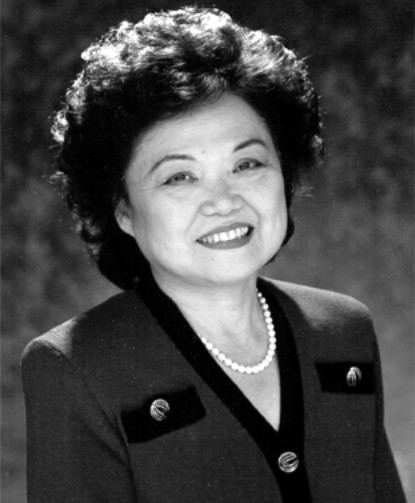Re-Reading the Feminist Sixties

For women — and men — the 1960s was an historic decade that began with liberal reform and exploded into calls for fundamental changes in work, politics, family and social life.
Fifty years after Title VII of the Civil Rights Act of 1964 made it illegal for employers to discriminate on the basis of gender, a one-day conference at UC Santa Barbara will examine the work, social movements and politics of the 1960s in a multicultural context. “Re-Reading the Feminist Sixties” begins at 9:30 a.m. on Friday, Feb. 7, in the McCune Conference Room, 6020 Humanities and Social Sciences Building. It is free and open to the public.
“I’m really interested in the interplay between law, politics and social movements, and the way in which work and welfare are central to that,” said conference organizer Eileen Boris, Hull Professor and chair of the Department of Feminist Studies at UCSB. “Some of the papers take an oblique angle, looking at those movements that aren’t always in the mainstream narratives of the 1960s and the new feminism.”
Speakers will explore a range of topics, including the Chicana experience of welfare and low-wage work; gender, class and labor as they impacted women working on Wall Street in the 1960s and the Communist legacy for black feminism. Conference co-organizer Diane Fujino, professor of Asian-American Studies at UCSB, will give a presentation on the intersections and divergences among and between the Asian-American and feminist movements. Fujino is also director of the campus’s Center for Black Studies Research.
Conference panels will also focus on the work and activism of pioneering women in Congress, such as Patsy Mink, who co-authored the Title IX Amendment of the Higher Education Act; and Bella Abzug, a leader of the Women’s Movement and co-founder of the National Women’s Political Caucus.
“Examining these issues is appropriate — and important — right now because we are currently in the midst of a war on women in which, for some, the gains of the 1960’s are being eroded,” said Boris. “In addition, 50 percent of women today are breadwinners
for their families. And yet the movement for antidiscrimination took place amid growing inequality within American society. Some women had an opening up of the workplace, but there were other economic and social factors that pushed them back down.”
Among the UCSB panel leaders are Miroslava Chavez-Garcia, professor of Chicano and Chicana studies whose research interests include race and juvenile justice and Latinas in the United States; France Winddance Twine, professor of sociology with particular expertise in feminist theory, critical race theory and visual sociology; and Pei-te Lien, professor of political science and a specialist in the political participation and representation of Asian and other nonwhite Americans.






